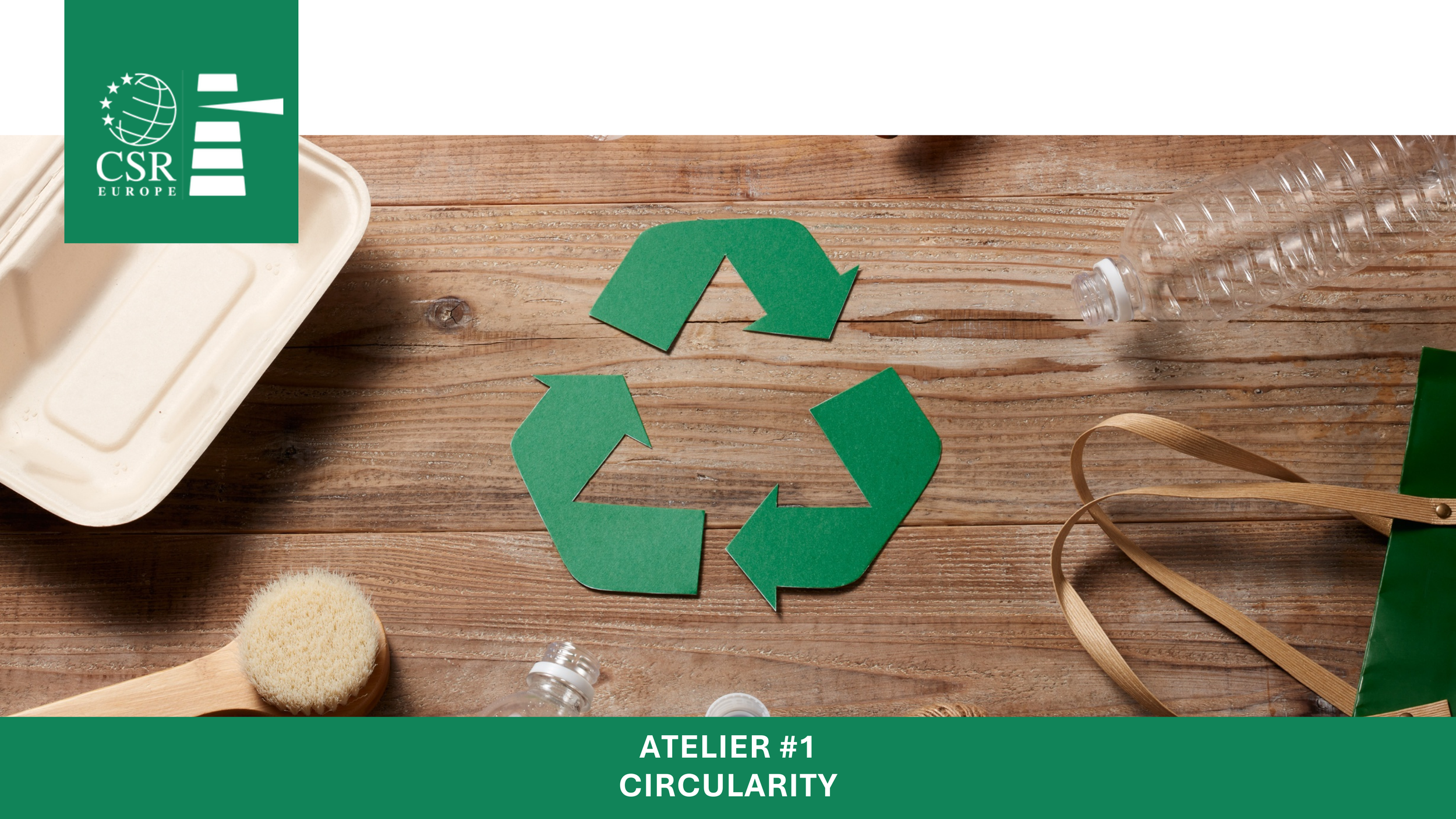EU Updates - December
COP27: Agreement Reached on “Loss and Damage” Fund for Vulnerable Countries
Countries participating to the United Nations Climate Change Conference (COP27) in Egypt agreed to provide “loss and damage” funding for vulnerable countries hit hard by the climate crisis. It is the first time that the right to economic compensation for countries affected by the disasters of a crisis triggered by advanced economies has been officially acknowledged. The creation of the fund is to be established by a transitional committee over the next year.
The Secretary General of the United Nations, Antonio Guterres, recognized that the loss and damage fund is an act of justice but also reminded Head of State and Government that “we need to drastically reduce our emissions. Now. And this is an issue that COP 27 has not addressed”.
According to the data provided by the United Nations Environmental Programme (UNEP) in its Emission Gap Report, the world is currently facing a temperature increase of 2.8°C by the end of the century – a trajectory that COP27 left unchanged.
Next:
COP 28 will take place in Dubai, United Arab Emirates, from 30 November to 12 December 2023.
For more information:
EU Project Manager
The EU's Strategy to Stop Goods Made with Forced Labour
The European Commission (EC) has proposed a regulation to prohibit all products made with forced labour on the EU market. This proposal follows the Corporate Sustainability Due Diligence Directive ("CSDD") and the Deforestation-free Products Regulation Proposal, reflecting President von der Leyen’s commitment to the promotion of decent work both in domestic markets and global supply chains.
The new proposal aims to:
Prohibit the circulation on the Union market of products made with forced labour.
Be applicable to all the economic actors, including SMEs even with a specific design of the measure.
Introduce an assessment through a risk-based approach.
Envisage a two-tiered investigative process: (i) a “preliminary phase of investigation” and (ii) an investigative phase.
Launch a database of forced labour risk areas or products as well as a Union Network Against Forced Labour Products
The EU customs authorities will identify and stop products made with forced labour at EU borders. Furthermore, national authorities can request information from companies and carry out inspections, also in countries outside the EU.
Next steps
The Committee on Internal Market and Consumer Protection (IMCO) will be responsible for the file in the European Parliament, while the Committee on International Trade (INTA), the Committee on Employment and Social Affairs (EMPL) and the Committee on Foreign Affairs (AFET) have been asked to provide with an opinion.
For more information:
EU Project Manager
The EU Commission Published its 2023 Work Programme
On October 18, the European Commission released its work programme for 2023. The document builds upon the conclusions of the Conference on the Future of Europe and takes inspiration from the 2022 State of the Union speech (SOTEU) to address nowadays challenges, from Russia’s aggression to Ukraine and the energy prices to Europe’s sustainable recovery.
What to look out for in 2023:
Corporate Sustainability Due Diligence Directive Agreement (Q1/Q2 2023)
First European Sustainability Reposting Standards batch by June 2023
Corporate Taxation: Framework for Income Taxation (BEFIT) (Q3 2023)
Legal Migration: Recognition of Qualifications of Third-Country Nationals (Q3 2023)
Raw Materials: European Critical Raw Materials Act (Q1 2023)
The programme is built around the Commission’s six headline ambitions:
A European Green Deal with a specific focus on food and textile waste among other planned activities and the proposal from the Commission to create a European Hydrogen Bank.
A Europe fit for the digital age: The Commission will propose EU measures to ensure adequate and diversified access to critical raw materials needed for Europe's digital and economic resilience as well as a common European mobility data space to boost digitalisation in the mobility sector.
An Economy that works for people: After the COVID-19 pandemic and Russia’s invasion aggression against Ukraine, the Commission will update its framework for quality traineeships to boost Europe’s social resilience.
A stronger Europe in the world means increasing EU efforts in the security and defence area, to secure EU interests and values as well as stability and peace. The Commission will also update the European sanctions toolbox by including corruption.
Promoting our European way of life by updating the EU learning mobility framework. Moreover, given the fact that 2023 will be the EU Year of Skills, the Commission is working on a new proposal to recognize the qualifications of non-EU nationals more easily to attract highly qualified professionals from all over the world.
A new push for European democracy: Besides a new defence of democracy package, the Commission will propose a European disability card to secure recognition of disability status across all Member states while continuing to work on the legal protection against racial discrimination.
For more information:
EU Project Manager







